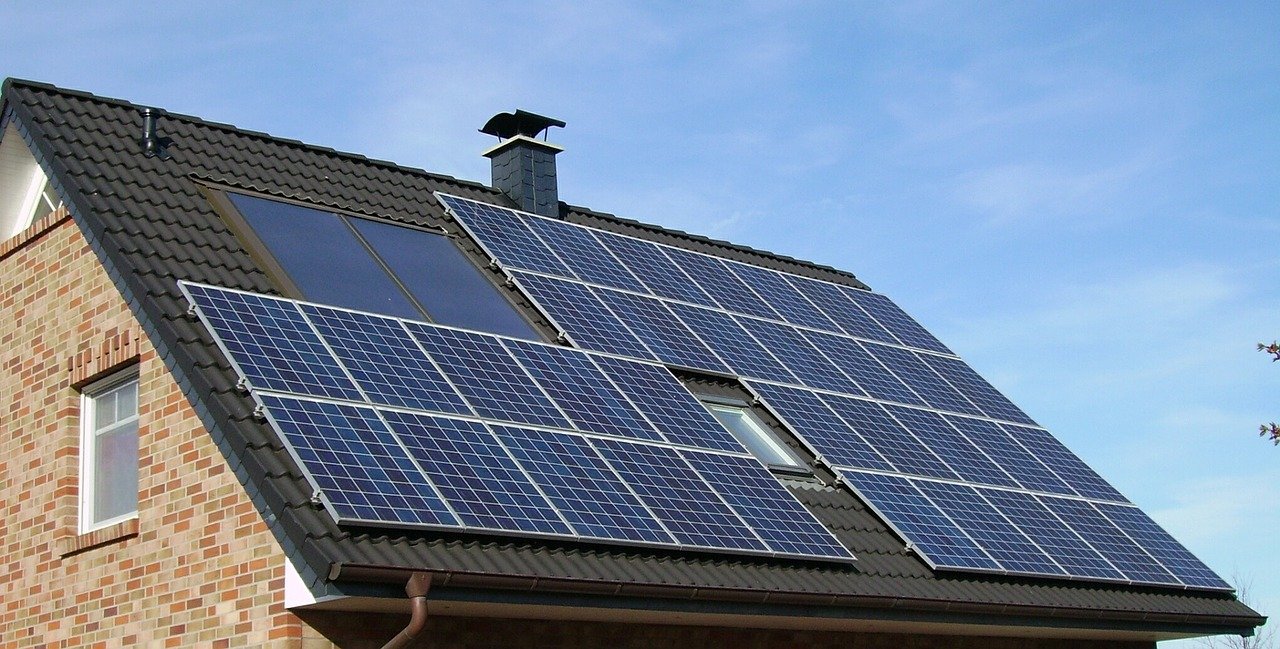The number of homes that have installed solar panels on or around people’s homes have really increased, especially in the west, and that’s a positive thing.
However, one impact of solar panels that most homeowners don’t realize that when they finance or lease these panels, is the impact the panels have on their home’s title.
A loan for solar panels is considered a second mortgage. That becomes important when homeowners want to refinance their home loan, as the second mortgage will affect the amount of equity a borrower has available. The second mortgage is considered the same as a home equity loan, and is deducted from the equity.
If the homeowner is leasing the panels or has a power purchase agreement (PPA), you don’t own the panels; that can also complicate the sale of the home. Solar companies will tell consumers it’s not technically a lien but rather is called a UCC-1; that allows the solar company leasing the panels to the homeowner to repossess the solar equipment if the homeowner fails to keep up with payments. To lenders, that type of lease is considered a lien as it will show up on the title as a second lien. Even if borrowers are not taking any cash out and just want to refinance to a lower rate and payment, it will affect the rate on that refinance. That’s because its considered higher risk to refinance with a second lien in place.
Most times, the solar companies are willing to release that lien long enough for the lender to refinance, and most lenders will actually work with the solar companies to get this done.
The moral of the story: make sure you tell your lender about any solar panels on your property.


